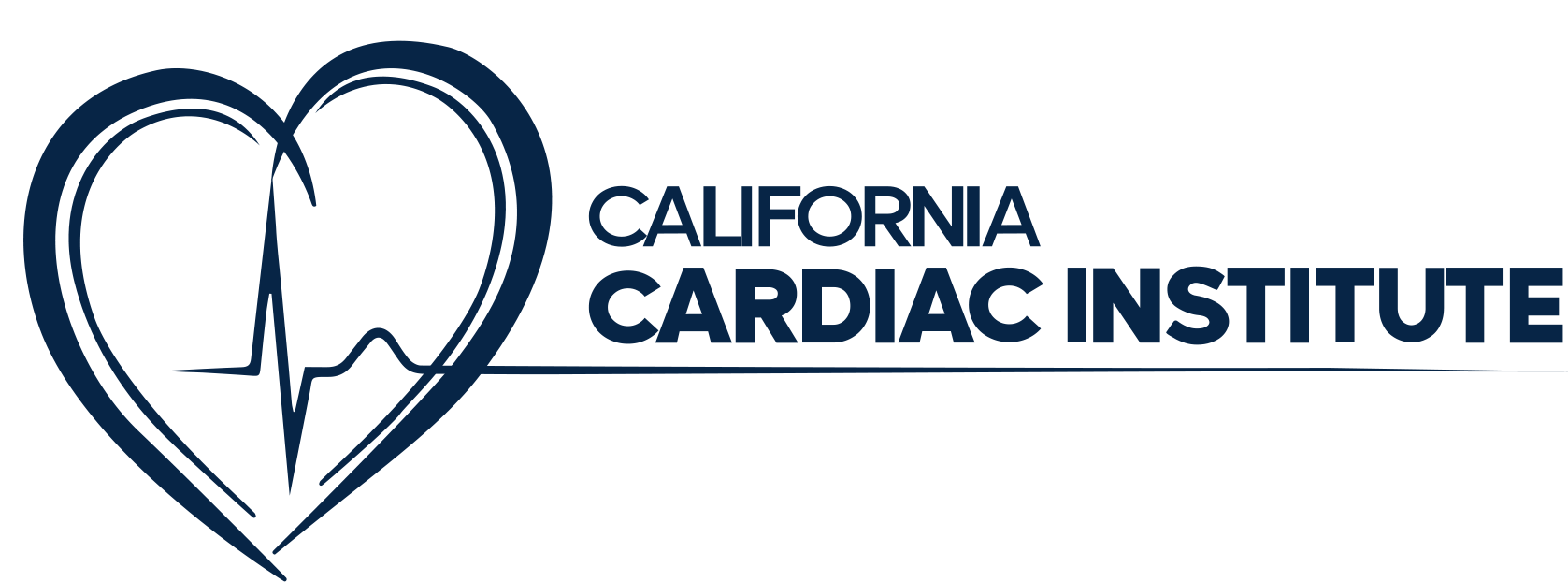Peripheral artery disease (PAD) is a condition where narrowed arteries reduce blood flow to your legs and feet, often causing pain when walking, cramping, numbness, or slow-healing sores. At California Cardiac Institute, we educate you on early detection because prevention and timely care are key to longevity.
What is Peripheral Artery Disease (PAD)?
Peripheral artery disease (PAD) is a condition where plaque builds up inside your arteries, reducing blood flow to your limbs, especially your legs and feet. This narrowing makes it harder for oxygen-rich blood to reach your muscles, leading to leg pain, cramping, or fatigue when you walk or exercise. PAD is more than just a circulation problem; it’s a warning sign of widespread atherosclerosis that can also affect your heart and brain.

Signs & Symptoms of Peripheral Artery Disease (PAD):
- Leg pain, cramping, or fatigue during walking or exercise that improves with rest (claudication)
- Numbness, weakness, or heaviness in the legs
- Coldness in the lower leg or foot compared to the other side
- Slow-healing sores or wounds on the feet or toes
- Changes in skin color or a shiny appearance on the legs
- Weak or absent pulse in the legs or feet
- Hair loss or slower hair and toenail growth on the affected limb
What Causes Peripheral Artery Disease (PAD)?
Peripheral artery disease develops when fatty deposits, known as plaque, accumulate inside your artery walls. This buildup narrows the arteries and restricts blood flow, particularly to your legs and feet. Several underlying factors can contribute to this process and increase your likelihood of developing PAD, including:
- Smoking
- High cholesterol
- High blood pressure
- Diabetes
- Obesity
- Family history of vascular disease
- Sedentary lifestyle
- Aging (especially over 50)
Stroke and Vascular Health
Peripheral artery disease (PAD) and stroke are closely linked because both result from atherosclerosis, the buildup of fatty plaque in blood vessels. A stroke occurs when blood flow to the brain is blocked or a vessel bursts, depriving brain tissue of oxygen and nutrients. This can lead to sudden weakness, numbness, difficulty speaking, vision problems, or loss of coordination. Since PAD signals widespread circulation problems, having PAD significantly raises your risk of stroke. The same risk factors such as smoking, high blood pressure, diabetes, and high cholesterol play a key role in both conditions. Recognizing and treating PAD early not only protects your legs and heart but also reduces your likelihood of experiencing a stroke. At California Cardiac Institute, we emphasize prevention and timely care to safeguard your brain, heart, and overall vascular health.

Heart Conditions Can't Wait
If peripheral artery disease (PAD) is left untreated, the blocked circulation can progress and cause serious health problems. You may develop worsening leg pain, non-healing wounds, or even limb ischemia that can lead to tissue damage or amputation. More importantly, PAD is a warning sign of widespread atherosclerosis, which significantly increases your risk of heart attack and stroke. Acting early with proper diagnosis and treatment is essential because when it comes to your heart and circulation, waiting can be dangerous.

How is Peripheral Artery Disease (PAD) Diagnosed and Treated?
When you come to us with symptoms of PAD, we begin with a thorough consultation to understand your medical history and risk factors. Our physicians perform a detailed physical exam, check pulses in your legs and feet, and use advanced diagnostic imaging, including the cardiac PET scan, to map circulation and detect blockages early. These tests allow us to identify the severity of your condition and create a tailored treatment plan.
Depending on your needs, PAD treatments may include:
- Lifestyle modifications such as exercise and nutrition programs
- Medications to improve blood flow and manage risk factors
- Supervised exercise therapy to reduce symptoms and improve circulation
- Minimally invasive procedures to restore proper blood flow in blocked arteries
Schedule Your Consultation
California Cardiac Institute is committed to helping you detect and treat peripheral artery disease (PAD) early so you can live longer, healthier, and more active years. If you experience leg pain, numbness, or slow-healing wounds, don’t delay seeking care. Our physicians combine advanced diagnostics with preventive strategies to protect your heart and circulation. We also offer same-day appointments and accept walk-ins for your convenience. Schedule your consultation for PAD diagnosis and treatment in Glendale, California, today.

